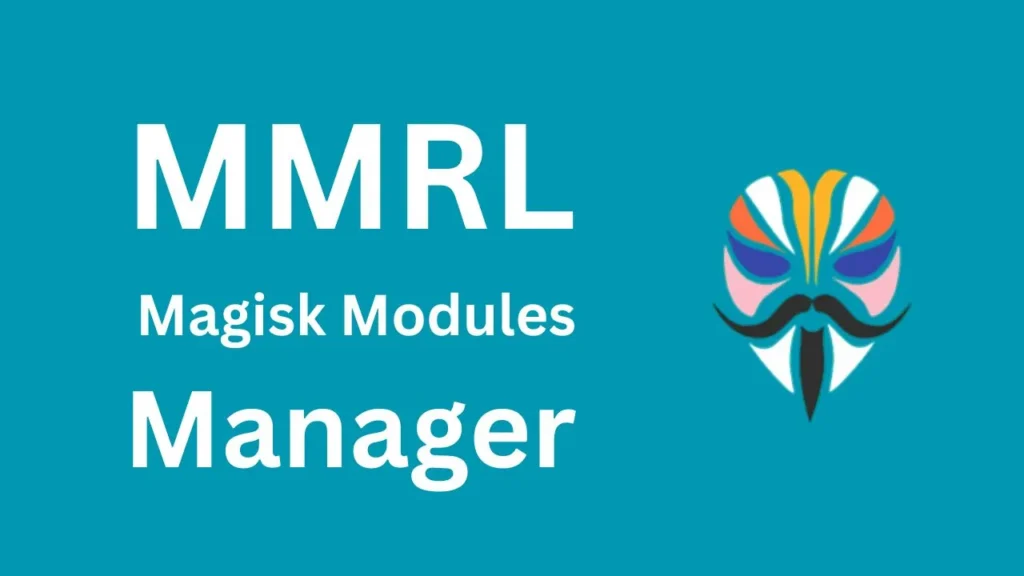Managing modules on your Android device can be a hassle, but the Magisk Module Repo Loader (MMRL) simplifies the process. This powerful tool supports Magisk, KernelSU, and APatch, making it a versatile choice for advanced users.
In this blog, we’ll explore what MMRL is, how it works, and why you should consider using it. We’ll also provide a step-by-step installation guide and answer some frequently asked questions.

Table of Contents
What is MMRL?
MMRL is a module manager for Android that supports Magisk, KernelSU, and APatch. It allows you to load and manage custom repositories, making it easier to handle various modifications on your device.
How Does MMRL Work?
MMRL provides a user-friendly interface to manage modules. It supports custom repositories, a customizable module filesystem (ModFS), dynamically created pages for modules (ModConf), and advanced functionalities like Shell and SuFile.
Why Use MMRL?
- Ease of Use: Simplifies module management with an intuitive interface.
- No Ads: Completely ad-free for a smooth experience.
- Highly Configurable: Tailor the app to your specific needs.
Features of MMRL
- Custom Repos: Load any repository using MRepo or GR Fork formats.
- ModFS: Customizable module filesystem.
- ModConf: Dynamically created pages for modules.
- Shell and SuFile: Advanced module management functionalities.
Download MMRL
You can download MMRL from its GitHub repository. Download arm64-v8a from lists.
Installing Guide
- Download the MMRL APK from the GitHub repository.
- Enable Unknown Sources in your device settings.
- Install the APK and open the app.
- Load your desired repositories and start managing your modules.
FAQs
Yes, MMRL is completely free and ad-free.
No, MMRL requires root access to manage modules.
Conclusion
MMRL is an essential tool for managing modules on your Android device. Its user-friendly interface, configurability, and ad-free experience make it a standout choice for advanced users.
Do you use any other tools for managing your modules? Leave a comment below and let us know!
